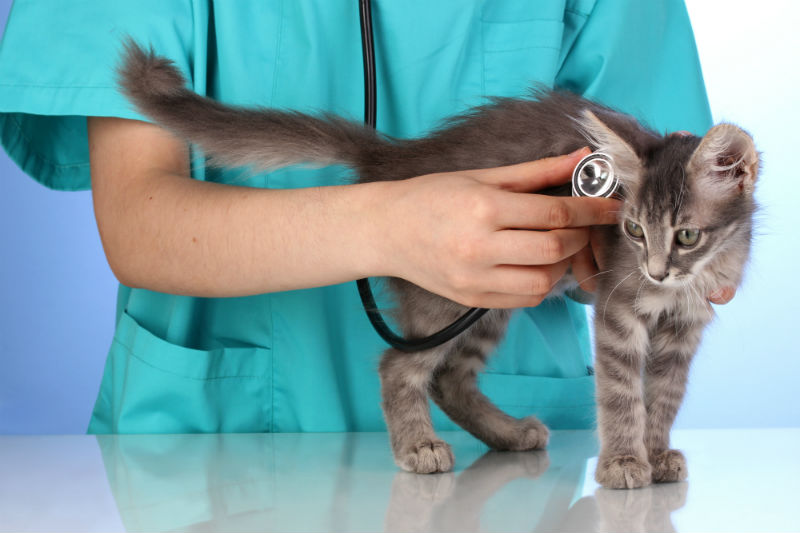As your cat ages, you might begin to notice some changes. These changes might be small, but they can tell you that big problems are arising. It is important to act on these subtle changes, as there are many ways to help prevent/slow down the progression of kidney disease.
Did you know that one in three cats will develop kidney disease in their life?
The kidneys are an important organ in which filter the blood, eliminate protein waste, balance water-salts and acids within the body and produce urine.
Signs of kidney disease include:
- Weight Loss
- Sunken Eyes
- Unthrifty Coat
- Vomiting
- Increased Urination
- Increased Water Consumption
- Decreased Appetite
- Bad Breath
- Dehydration
- Pale Gums
Although some of these signs could relate to other diseases within the body, it is always a good idea to consult with your veterinarian about any changes within your pet. Wellness bloodwork can be done to check all internal organ functions, including the kidneys. There are also new and improved blood tests that can determine early signs of kidney disease; this is called an SDMA test. Urine tests can also be performed to assess the quality of kidney production and to check for any abnormal cells.
Did you know that most cats will not show signs of kidney disease until there is 75% of damage already done?
Although there is no treatment for kidney disease, you can prolong the life of your pet. Your doctor may recommend a dietary change, fluid therapy treatment, or prescription medication to help improve the function of the kidneys.
“What greater gift than the love of a cat.”- Charles Dickens
Written by Kendra Stoddart, RVT




